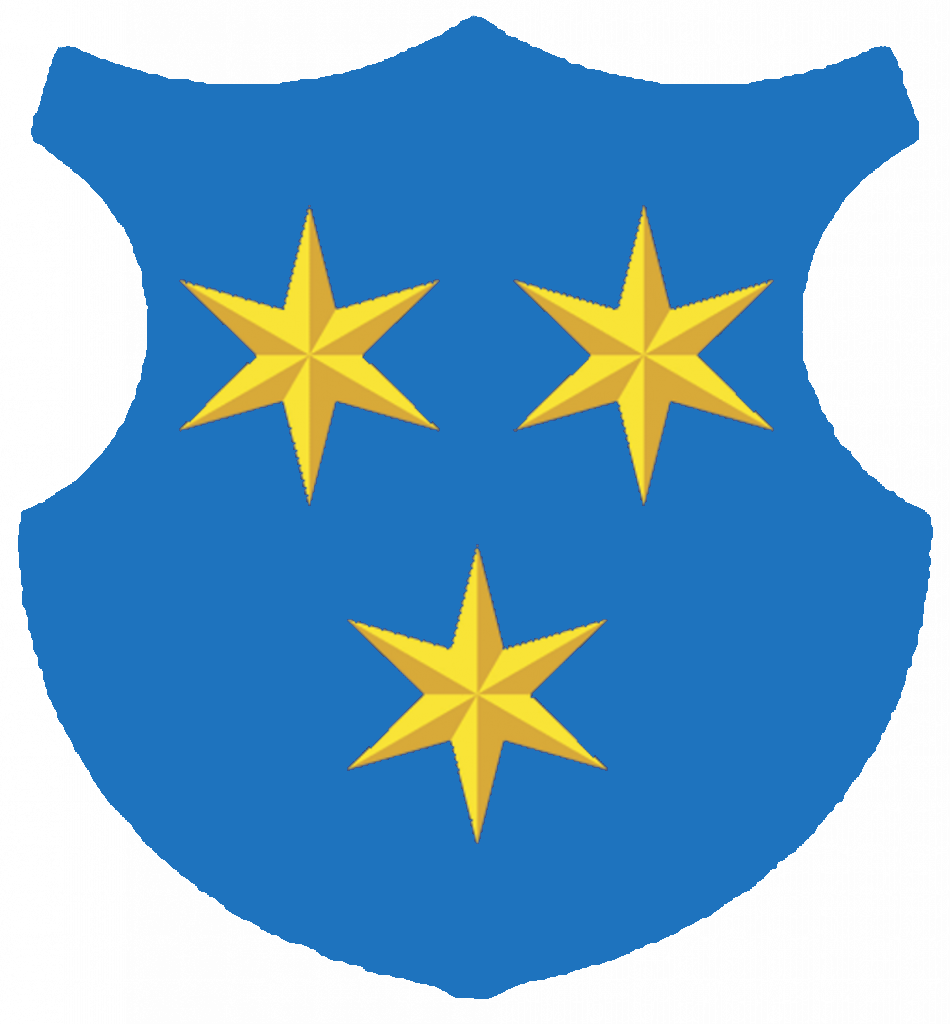| Author: | Article:
ALFRED NOBEL AND HIS SPENDTHIRFT LADY SOME REFLECTIONS ON CARINTHIA AS SLOVENIA’S REGION OF SORROW “LISTEN, YE SLOVENES! LISTEN, YE SLAVS! DAWN IS RISING OVER THE BALKANS.” |
 |
ALFRED NOBEL AND HIS SPENDTHIRFT LADY
Sofia Hess, who without doubt left her mark on the life of the famous inventor Alfred Nobel (1833-1896), lived for several years in Celje in the 1870s. From 1876, when he met her in Baden near Vienna, until his death in 1896, Alfred Nobel on several occasion provided considerable financial support for Sofia, and even left her an annual pension of 6.000 guldens in his will. Together with Sofia, Nobel often visited Celje, where Amalija, Sofia’s sister, lived. Amalija’s husband Albert Brunner, the director of the state Zinc factory (Zinkfabrik), kept up a regular correspondence with Alfred Nobel, informing him of various technical novelties and favourable opportunities for investment. On Brunner’s initiative, Nobel even intended to purchase Fehleisn’s haloksylin factory.
SOME REFLECTIONS ON CARINTHIA AS SLOVENIA’S REGION OF SORROW
Already at the end of the 19th century, a general image of the “sorrowful Carinthians” was established in Slovene historiography and amongst the general public. According to this image, the Slovenes in Carinthia, who lived under great German nationalistic pressure, were in need of special attention from their compatriots. In the turbulent times of the decline of the Hapsburg monarchy (1918-1920), however, the majority of the Slovenes contented themselves with offering strong ideological support and little tangible help to the Slovenes of Carinthia, despite the prevalent stereotyped image. The Carinthians were left alone, to solve their own problems as best they could and without any real help from their countrymen. Nor did this situation improve later in the Kingdom of Yugoslavia (1918-1941) or in Communist Yugoslavia (1945-1991).
“LISTEN, YE SLOVENES! LISTEN, YE SLAVS! DAWN IS RISING OVER THE BALKANS.”
In addition to the newspapers Novice (1843-1902), Slovenec (1873-1945), Slovenski Narod (1868-1943) and others, Slovene readers were informed about the 1875-1878 uprising in Bosnia and Hercegovina, the 1877-1878 Russian-Turkish war, and the 1878 Berlin Congress by the satirical paper Brencelj (1868-1875, 1877-1886), which was edited by Jakob Aleçovec (1842-1901), a writer, playwright, publisher and newspaper reporter. The caricatures drawn in The Brencelj by a theology student Franc (Franeiçek) Zorec (1854-1930), represent one of the rare Slovene artistic responses to the events in the Balkans. Others are Jurij ćubic’s (1855-1890) illustrations, based on the epic and lyrical poems in the cycle Raja written by Josip Stritar (1836-1923).
THE FOOD SUPPLY IN CELJE DURING THE DEPRESSION
Microstudy of Conditions in the Period after WWI and before WWII
Based on archival and newspaper sources, the article deals with the food supply situation in Celje in the period from the end of World War I to 1923, and from the beginning of World War I in Europe to the attack on Yugoslavia in April 1941. The first period is characterised by the normalisation of the situation after the war, which was partly also brought about through the agency of the state, while disturbances in the supply of food in the second period covered by the article are caused by the war which is taking place elsewhere. In the first period, the food supply and subsequently also the standard of living of the inhabitants improved as time progressed, while in the second period, we witness quite the opposite happening. Based on the preserved historical sources, the article shows how the districts were divided, the forms of food rationing that were implemented and the institutions, through which national and local authorities and the concerned public tried to influence the situation on the market.
THE OLYMPIC SPIRIT IN THE EARLY 1980’s
From Olympic Boycotts to a Direct Conflict Between the Two Superpowers
The author focuses on the events related to the Olympic Games in the beginning of 1980. The newspapers of the time depict the ongoing two-way struggle between the two superpowers of the Cold War. The first “battle” was waged by Carter through his appeal to boycott the Summer Olympic Games in Moscow due to the Soviet armed intervention in Afghanistan – a boycott which was also carried out. The second major “sports battle” was waged at the time of the Winter Olympic Games in Lake Placid, where a hockey duel for the gold between the Soviet Union and the USA attracted massive attention amongst the public. Yet despite the numerous attempts to abuse the finals, the hockey game was nevertheless played in a sporting spirit. The article also reveals how the politics implemented in the Cold War period attempted on several other occasions to take advantage of sports and the Olympic spirit. As in any other war, however, there was also no winner in this “Olympic cold war”. There was only a defeated party – this being, regrettably, the field of sports.
